A City of Contrasts
Lisbon has always been a city of contrasts. In the pages of Eça de Queirós, the hypocrisy, backwardness, and inequalities of a country stumbling over its own destiny were already being denounced. Antero de Quental, with his philosophical restlessness, called for moral and political regeneration. More than a hundred years have passed, but walking through the capital's streets today, I feel their words could have been written yesterday.
Daily Struggles of a Young Resident
I am 19 years old and travel to Lisbon every day to attend university. The city greets me with a unique light that seems capable of erasing all shadows, but it only takes a few steps to realize that this beauty coexists with growing chaos: dirty streets, accumulated trash, degraded buildings, suffocating traffic, and increasingly, rats—not Eça's metaphorical ones, but real ones that cross the sidewalks as if they were official inhabitants of the capital.
Lisbon has ceased to be a city where I feel completely safe walking alone. It's sad to have to calculate routes, avoid certain streets, and distrust corners and alleys. A capital that should belong to everyone often becomes uncomfortable and exclusionary, even for those who love and live in it.
Historical Charm and Modern Tragedies
The old Lisbon was one of squares full of life, cafes where literature and politics were discussed, and neighborhoods with solid neighborliness. The Glória Elevator, inaugurated in the 19th century, symbolized this connection between daily life and charm, but in September 2025, it became a symbol of tragedy: a safety cable gave way, carriages derailed, 16 dead, dozens injured. What was a tourist postcard revealed itself as fragile and deadly. It was the harshest portrait of what we often forget. Lisbon is not just light; it also fails, and fails with irreparable consequences.
Loss of Authenticity and Soul
Globalized, Lisbon gained movement, diversity, and international projection, but lost authenticity, lost residents, lost soul. Housing prices drive families away, public transport does not meet needs, green spaces are scarce for a city that so badly needs to breathe. Investment goes into hotels and international events, but structural reforms are postponed, such as sanitation, mobility, affordable housing, and urban safety.
If Eça or Antero were resurrected for a day, perhaps one would write with bitter irony about the tourism city that expels those who live in it, while the other would be indignant at the absence of a policy capable of putting human well-being at the center. Probably, both would conclude that Lisbon continues to live between the splendor of facades and the emptiness of solutions.
A Generation's Call for Change
I do not speak only with the weight of past literature. I speak as a young person who walks through the city every day with hope, but also with the demand of someone who wants a better future. My generation is not satisfied with a Lisbon that serves as a backdrop but fails in the essentials. We want a clean, accessible, and humane city. A city that belongs to those who live in it, not just those who pass through.
Lisbon has enough light to reinvent itself. And I believe that my generation can light that light. We can be the hand that holds the city's safety cable, that prevents new derailments, that returns safety, beauty, and life to the streets. Lisbon does not just need to be seen; it needs to be lived. It needs to be loved, cared for, and transformed by all those who believe in it. And it is in this way, with a young, demanding, and awakened heart, that I believe Lisbon can, and must, be the city we have always dreamed of.
"Lisbon, you are the city that inhabits me, and that I cannot abandon." — Fernando Pessoa.






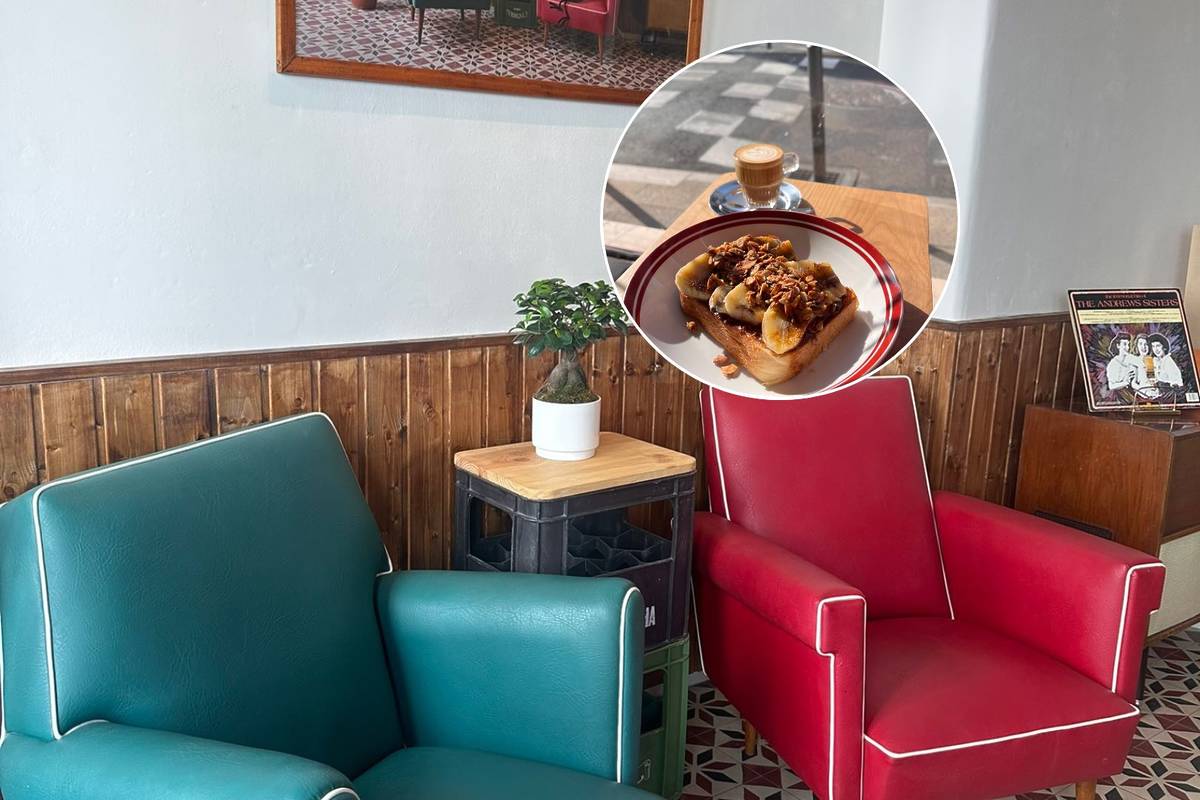
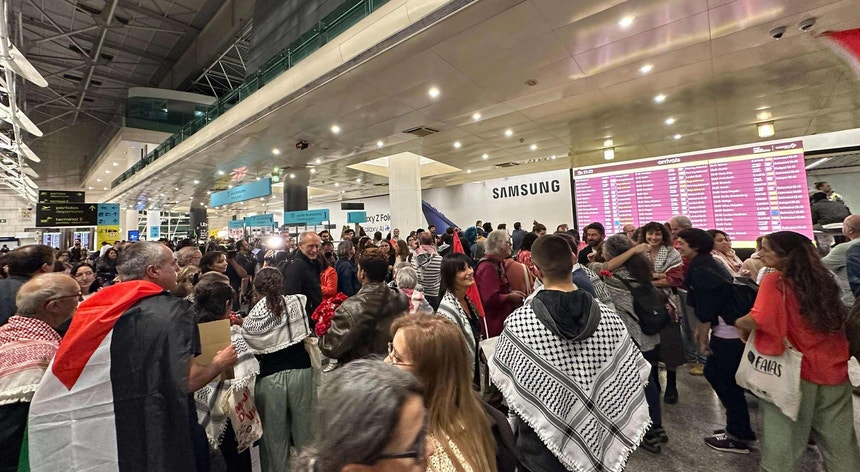



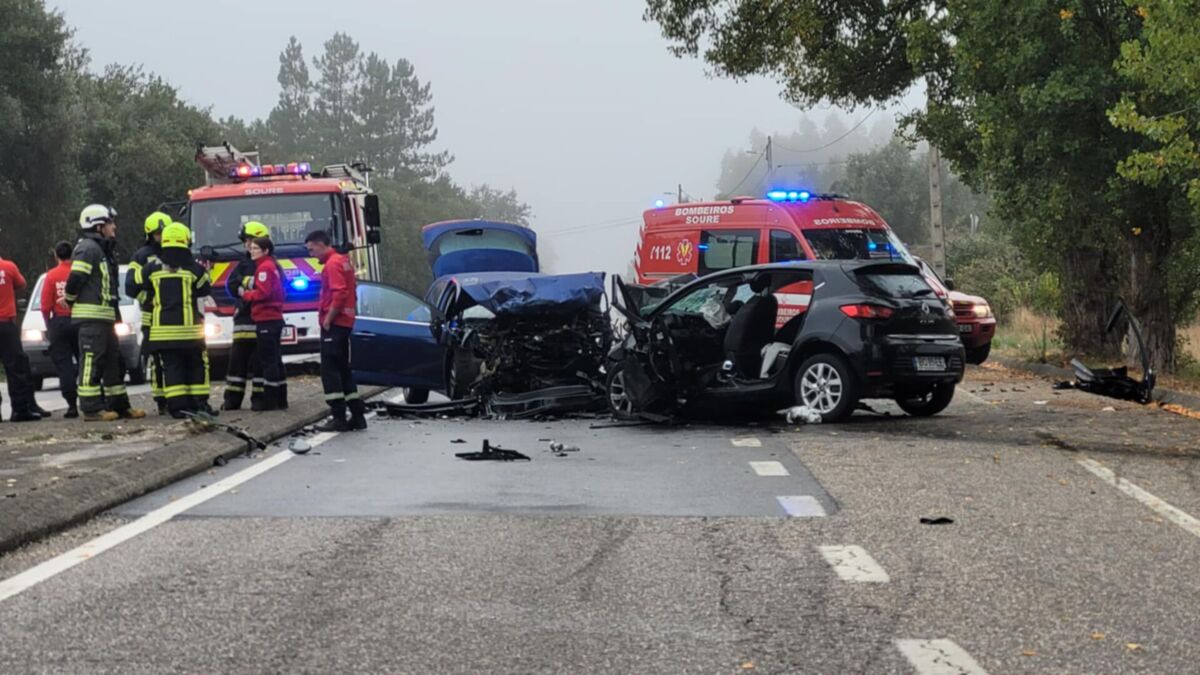


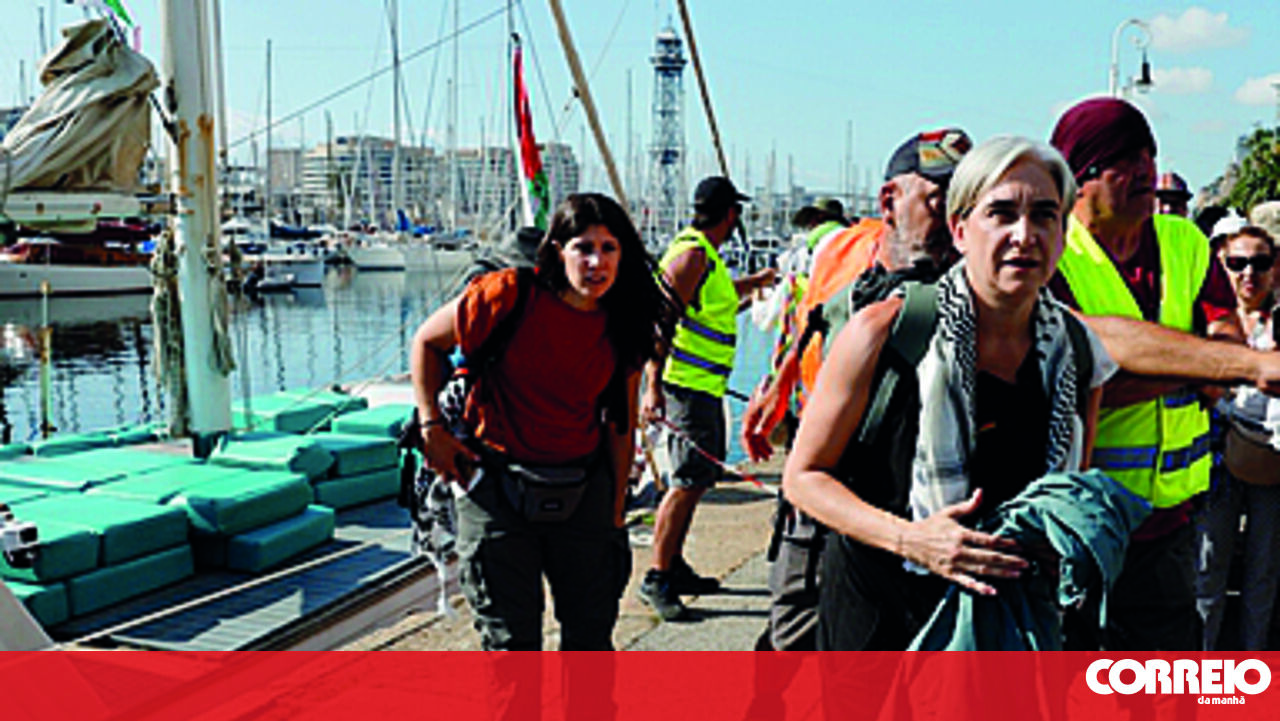
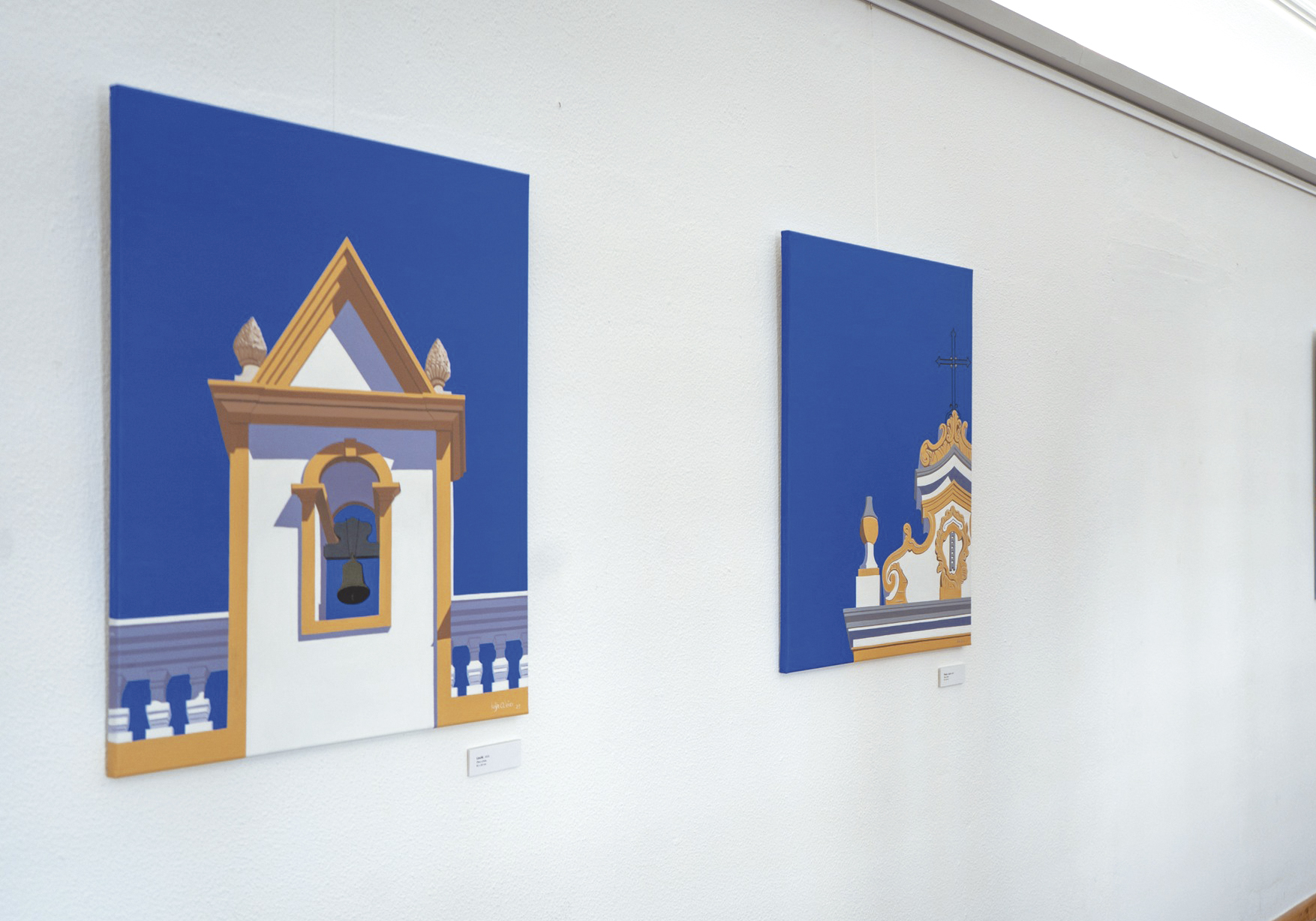
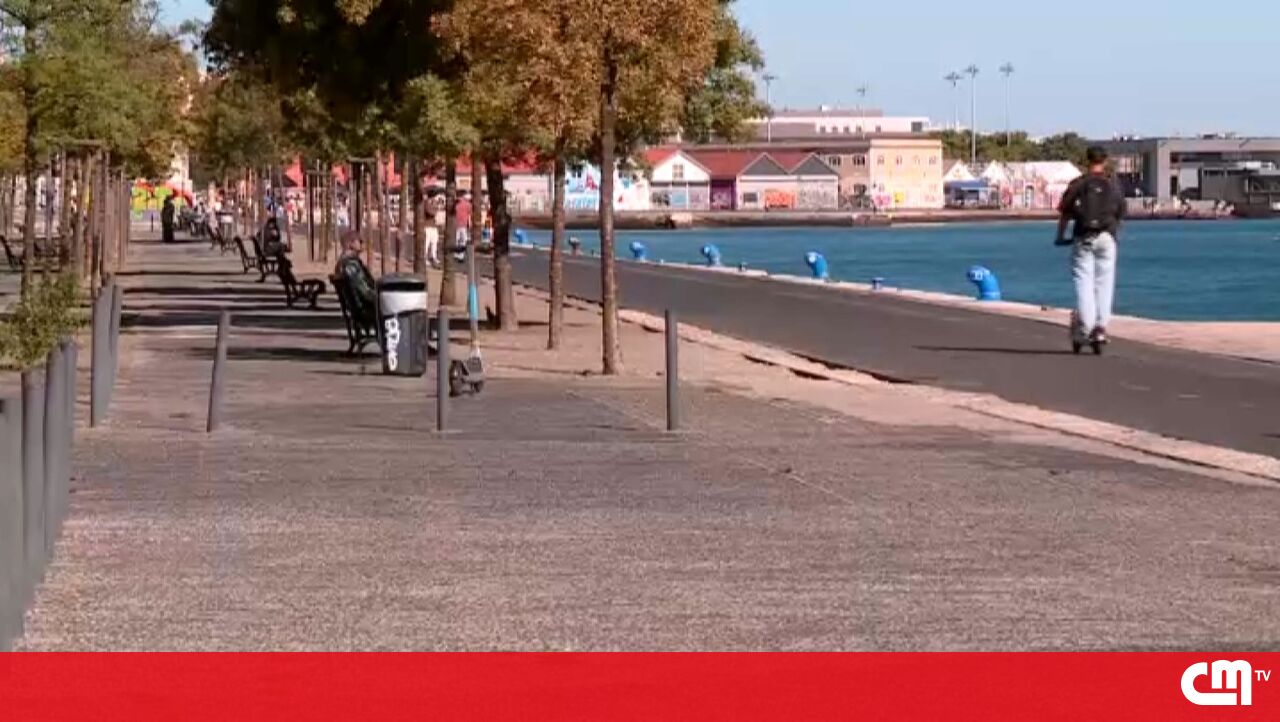



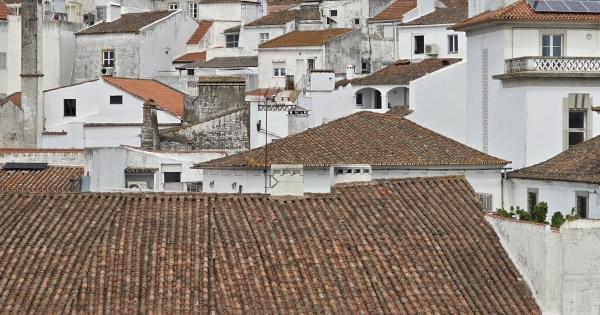
Comments
Join Our Community
Sign up to share your thoughts, engage with others, and become part of our growing community.
No comments yet
Be the first to share your thoughts and start the conversation!